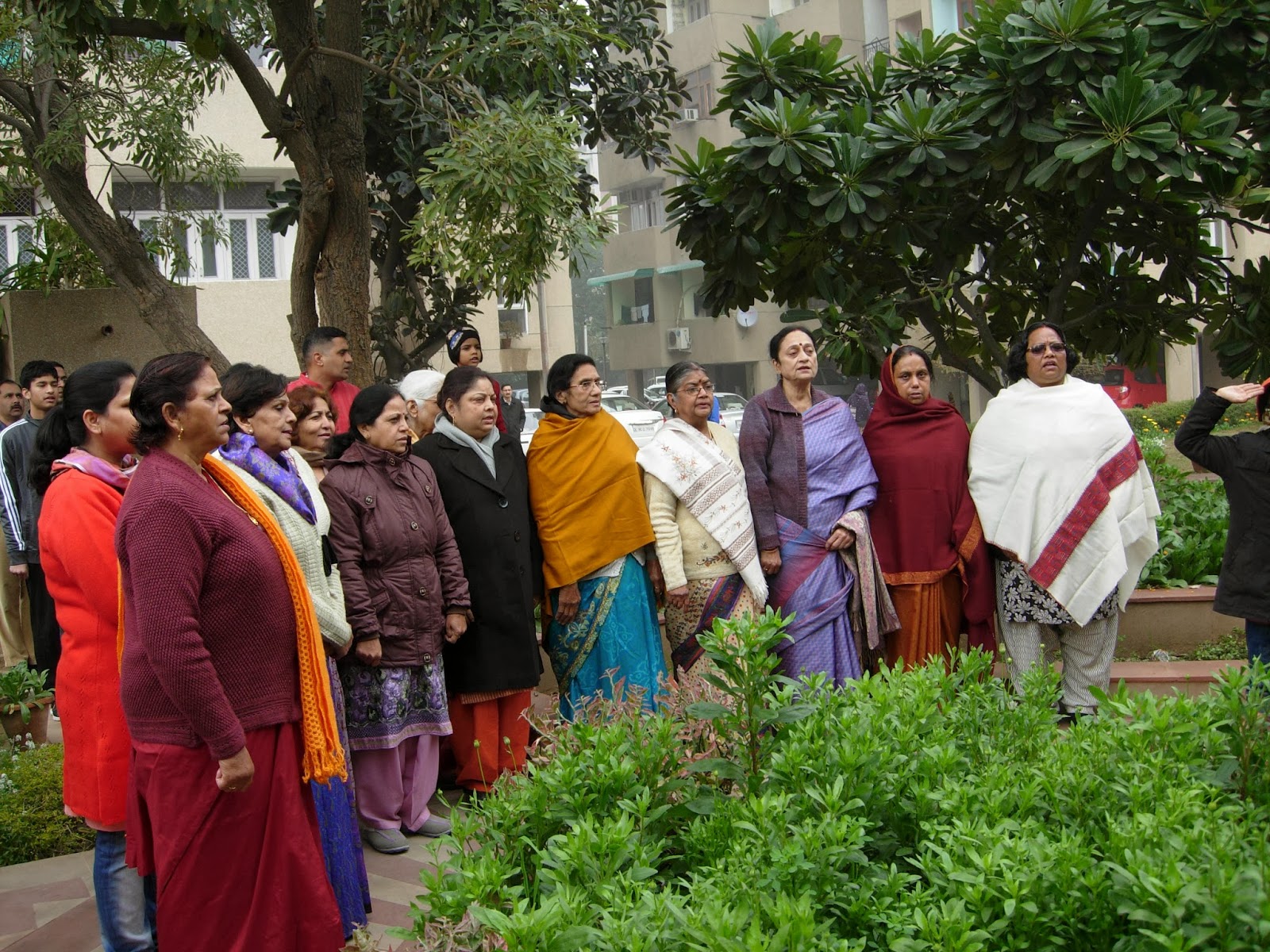The Supreme Court has upheld the principle of mutuality, which states that a person cannot make profit from himself. We look at how this ruling will affect the levy of tax on receipts, such as non-occupancy charges, transfer fees, service charges, common amenity funds, etc
The Supreme Court (SC) of India recently provided a big relief to cooperative societies (societies), by dismissing the claim of the income tax authorities on levy of tax on various receipts (for example, non-occupancy charges, transfer fees, service charges, common amenity funds, etc.) collected by such societies. The dispute of the tax authorities revolved around a notification dated 09.08.2001, issued under section 79A of the Maharashtra Cooperative Societies Act, 1960 and its applicability on such societies.
Based on this notification, the tax department contended that since these societies have received service charges/ maintenance charges in excess of 10 per cent of the non-occupancy charges, it was contrary to the law and hence, the principle of mutuality fails in such cases. The tax department held that such receipts are in the nature of business, having an element of commerciality and hence, principle of mutuality does not apply. The Income Tax Tribunal overruled the decision of the lower tax authorities, on the ground that the said notification was applicable only to cooperative societies and does not apply to commercial societies.
*Principle of mutuality and taxation on cooperative societies*
In this issue, the Bombay High Court, while dismissing the appeal of the tax department, ruled that the receipts of the societies are not in the nature of business income, generating profits/ surplus and therefore, not taxable. To claim the higher chunk of tax from similar issues, the tax authorities approached the SC. The SC observed that the doctrine of mutuality, is based on the theory that a person cannot make profit from himself. An amount received from a member, therefore, cannot be regarded as income of the society and treated as taxable in nature. The tax department has never challenged that the receipts of such societies have been utilised for purposes other than for the benefit of the members. The essence of the principle of mutuality, lies in the identification of the contributors and the participants, who are also the beneficiaries. Any surplus in the common fund, therefore, does not constitute income but will only be an increase in the common fund, meant to meet sudden/ future events.
Are tenants entitled to parking space in a CHS?
*Taxation on non-occupancy charges, transfer charges and contributions to the common fund*
It was also observed by the SC that transfer charges are generally paid by the outgoing member. If part of it is paid by the transferee, it would not partake the nature of profit or commerciality, as the amount is utilized only after the transferee is admitted as a member. The moment the transferee is included as a member, the principle of mutuality comes into picture. In the event of non-admission of such transferee, the amount is returned. The same applies for non-occupancy charges, which are levied by the society and are payable by a member, who does not occupy the premises but lets it out to a third person. The charges are, again, utilized only for the common facilities and amenities for the members of society. Similarly, any contribution to the common fund, by a member disposing of a property, is utilized for meeting sudden or regular heavy repairs, to ensure continuous and proper maintenance of the society, which ultimately accrues to the enjoyment, benefit and safety of the members.
The SC further ruled that once a member is admitted to the society, the members form a class and accordingly, the identity of such members is irrelevant and the principle of mutuality is attracted automatically. The SC, relying on a plethora of rulings, went on to conclude that there was no profit motive or sharing of profits amongst the members. The surplus, if any, was not shared amongst the members but was available for providing better facilities to the members. There was a clear identity between the participants and the contributors, to the common fund of the society.
*Conclusion*
By bringing an end to the prolonged war between such societies and the tax department, the decision of the SC would be welcomed by such societies, as going forward, they would be free from tax hassles and will be governed by the principle of mutuality, leading to all receipts from the members being tax-exempt.
Further, the SC has not specifically mentioned anything about the income received by cooperative housing societies. It is interesting to note that although the decision is restricted to non-residential societies, it should also provide shelter to residential societies, as the underlying principle of mutuality remains the same for all types of societies. Further, once the principle of mutuality is established, all the receipts shall be exempt from tax, even though the same are in excess of the quantum as specified under some other law for time being in force.




















































